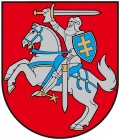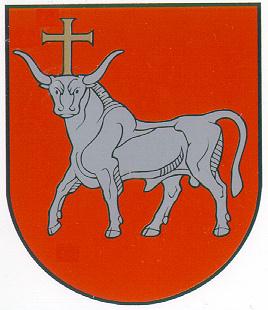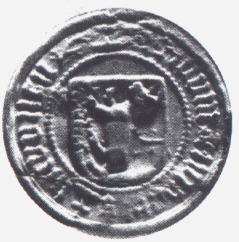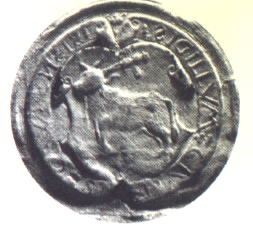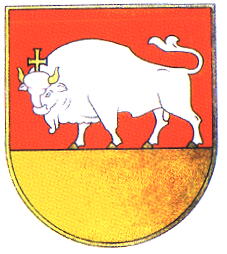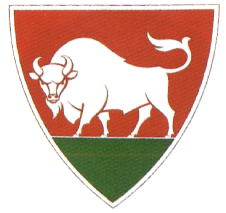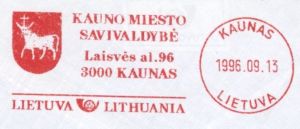Kaunas: Difference between revisions
Knorrepoes (talk | contribs) m (Text replacement - "===Official blazon===↵↵===Origin/meaning===" to "{| class="wikitable" |+Official blazon |- |'''Lithuanian''' | blazon wanted |- |'''English''' | blazon wanted |} ===Origin/meaning===") |
Knorrepoes (talk | contribs) m (Text replacement - "Literature :" to "'''Literature''':") |
||
| Line 52: | Line 52: | ||
{{media}} | {{media}} | ||
[[Literature]] : Rimsa, 1998 | [[Civic Heraldry Literature - Lithuania|'''Literature''']]: Rimsa, 1998 | ||
[[Category:Lithuanian Municipalities]] | [[Category:Lithuanian Municipalities]] | ||
[[Category:Kaunas]] | [[Category:Kaunas]] | ||
[[Category:Granted 1993]] | [[Category:Granted 1993]] | ||
Revision as of 06:14, 15 September 2023
Lithuania heraldry portal
This page is part of the Lithuania heraldry portal |
Heraldry of the World |
|
Civic heraldry:
|
Other heraldry: |
KAUNAS
County : Kaunas
| Lithuanian | blazon wanted |
| English | blazon wanted |
Origin/meaning
Kaunas received city rights in February 1408 from Grand Duke Vytautas. The oldest seals of Kaunas date from the late 15th century and show a shield with an ox walking upwards. The ox was a highly prized and revered beasts and only the dukes and high nobility were allowed to hunt them. It was probably chosen as a symbol for strength and honour. On the second seal, dating from 1492 a small cross appears above the back of the ox. It was the cross of the Teutonic Order and added as a symbol for the German community in the city.
| The second seal of Kaunas, used from 1493-1533. |
In 1530 the cross was replaced by a Latin cross between the horns of the ox. The ox was now also shown normally. The cross was probably added by Bona, Queen of Poland and Grand Duchess of Lithuania, who fought against the protestants in her countries. These arms remained in use until 1843.
| The seal from 1540. |
The city received new arms in 1843 from Emperor Nicholas I. The new arms showed a silver obelisk in a blue field. The obelisk commemorated the war of 1812, the image was based on a obelisk in Kaunas erected in 1843 as a monument for the battle of Borodino. These arms were used until 1915.
In 1915 the city restored the old bull in its arms, whereas the Germans destroyed the real obelisk. After the war most of Lithuania became part of Poland, and Kaunas became the capital of the new Republic of Lithuania. In 1935 the government granted arms with the bull, shown as a bison, on a golden base.
| The arms from 1935. |
In 1940 Kaunas became part of the Soviet Union and all arms were abolished. In 1969 the use of arms was permitted again, and the city adopted arms with a bison, without a cross, on a green base. In 1970 the arms were abolished again.
| The arms from 1969. |
The present arms, which are based on the 16th century seal and have been used for many centuries were officially granted on June 30, 1993.
| Postal cancellation 2013 |
Contact and Support
Partners:
Your logo here ?
Contact us
© since 1995, Heraldry of the World, Ralf Hartemink 
Index of the site
Literature: Rimsa, 1998
